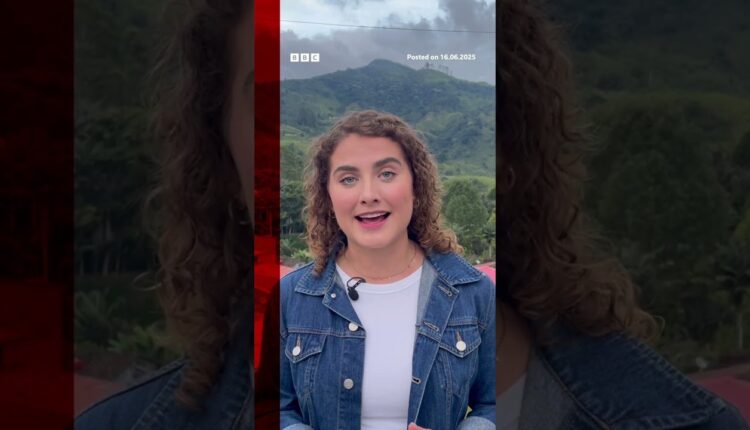Inside Colombia's Coffee Industry: Export Vs Local Consumption – CoffeeTalk
In 2024, Colombia produced more than 12.6 million 60-kilogram bags of coffee, with an estimated 93% of that output destined for export. The Colombian Coffee Federation projects that production will reach 15 million bags by the end of the year, underscoring the country’s vital role in the global coffee market.
The United States: Colombia’s Top Customer
The United States stands as Colombia’s number one buyer, importing vast quantities of Colombian coffee each year. American consumers have developed a taste for the smooth, nuanced flavors of Colombian Arabica, making it a staple in homes and cafes across the country. The strong trade relationship between Colombia and the US has helped to cement Colombian coffee’s reputation as a premium product.
The Economics of Export
While the export of high-quality coffee brings significant revenue to Colombia, it also creates a paradox for local consumers. The best beans are shipped abroad, fetching high prices in international markets. This dynamic has a direct impact on what is available—and affordable—for Colombians themselves.
The Local Paradox: Tinto and the Colombian Coffee Experience
Despite being surrounded by some of the world’s finest coffee, many Colombians do not regularly drink the premium beans their country is famous for. Instead, the everyday coffee experience in Colombia is defined by “tinto”—a simple, affordable black coffee that is ubiquitous throughout the country.
What is Tinto?
Tinto is more than just a beverage; it’s a cultural institution. Served in small cups and enjoyed throughout the day, tinto is accessible to everyone, regardless of income. It’s found in homes, offices, street corners, and markets, providing a daily ritual that connects people across social and economic divides.
Why Don’t Colombians Drink Their Best Coffee?
The answer lies in economics. With the majority of high-quality beans exported to meet international demand, prices for premium coffee in Colombia are often out of reach for the average consumer. As a result, most Colombians drink lower-grade coffee, reserving the best of their harvest for export. This situation highlights the complex relationship between global trade and local consumption, where the very people who cultivate a world-renowned product may not have regular access to it.
Environmental Stewardship
As global demand for coffee continues to rise, questions about sustainability and environmental impact have come to the forefront. Colombian coffee farmers are increasingly adopting sustainable practices to protect the environment and ensure the long-term viability of their crops. This includes shade-grown coffee, organic farming methods, and efforts to preserve biodiversity. By prioritizing sustainability, Colombia aims to maintain its reputation for quality while safeguarding its natural resources.
The Role of the Colombian Coffee Federation
The Colombian Coffee Federation plays a crucial role in supporting farmers, promoting quality, and advocating for sustainable practices. Through education, research, and investment, the Federation helps to ensure that Colombian coffee remains competitive in the global market while also addressing the needs of local communities.
Making Premium Coffee Accessible
Efforts are underway to make high-quality coffee more accessible to Colombians. Initiatives that promote local consumption, support small-scale roasters, and educate consumers about the value of premium coffee are helping to bridge the gap between export and domestic markets. By fostering a culture of appreciation for their own coffee, Colombians can take greater pride in their national treasure.
Empowering Farmers and Communities
Empowering farmers through fair trade practices, education, and access to resources is essential for the long-term sustainability of the industry. By investing in the people who make Colombian coffee possible, the country can continue to thrive as a leader in the global coffee market.
Source: Coffee Talk



